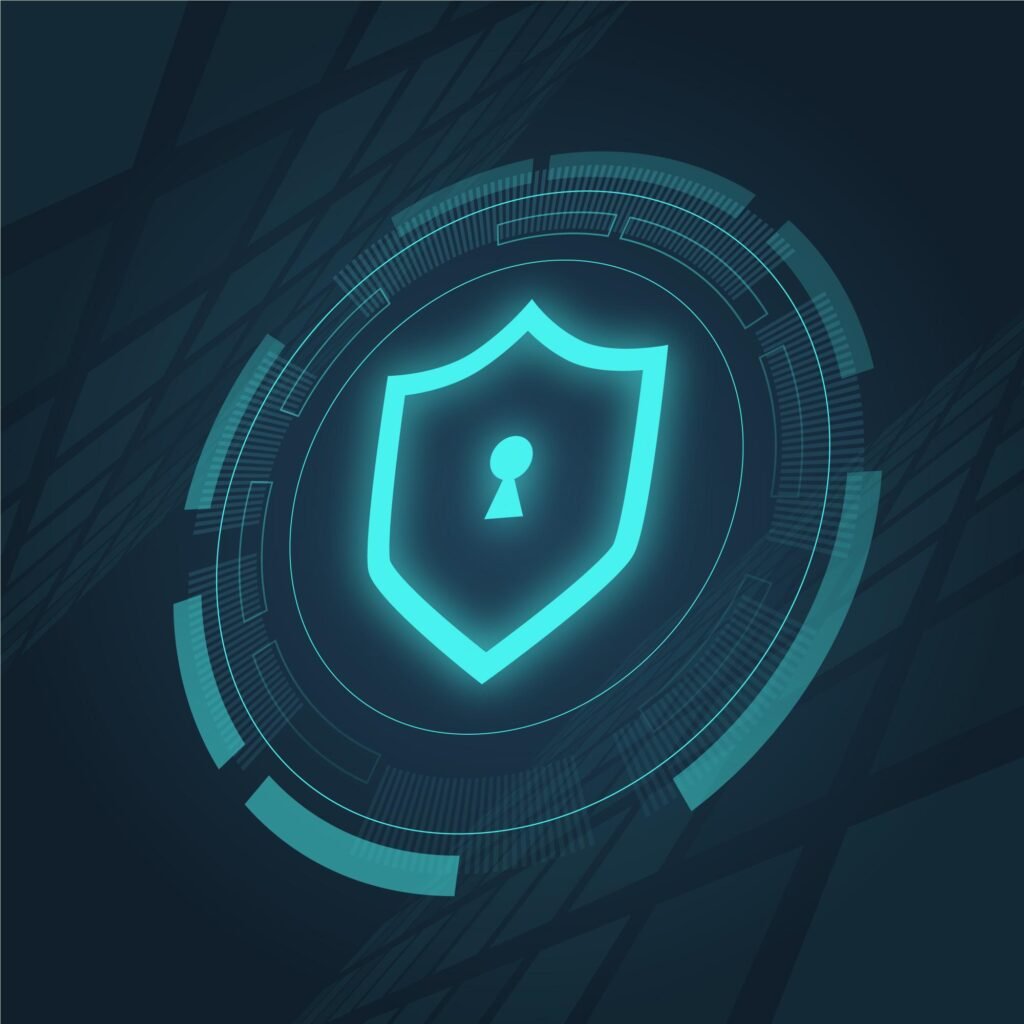website security is paramount. Cyberattacks are on the rise, and websites are prime targets for hackers looking to steal data, disrupt operations, or deface content. If you host your website with Hostinger, you’re already taking a step in the right direction. Hostinger offers a variety of security features to help keep your website safe. But there’s more you can do to further fortify your defenses.
Leveraging Hostinger’s Built-in Security Features
- Regular Backups: Hostinger offers automated backups, ensuring you have a clean version of your website to restore in case of an attack.
- SSL/TLS Encryption: Hostinger provides free SSL certificates to encrypt data transmission between your website and visitors’ browsers. This safeguards sensitive information like login credentials and credit card details.
- Web Application Firewall (WAF): Hostinger’s WAF helps shield your website from common web application attacks like SQL injection and cross-site scripting (XSS).
- Secure File Transfer Protocol (SFTP): Hostinger offers SFTP access for secure file transfer. Unlike FTP, SFTP encrypts your login credentials and file transfers, adding an extra layer of protection.
- Two-Factor Authentication (2FA): Enable 2FA for your Hostinger account to add an extra layer of login security. This requires a second verification code, typically sent to your phone, in addition to your password.

Additional Security Measures to Implement
- Strong Passwords: Use complex and unique passwords for your Hostinger account, website admin panel, and any other accounts associated with your website.
- Security Plugins: Depending on your website platform (e.g., WordPress), consider installing security plugins that offer additional features like malware scanning, login attempts monitoring, and user activity logging.
- Regular Software Updates: Keep your website’s core software, plugins, and themes updated to address known vulnerabilities. Hackers often exploit outdated software to gain access to websites.
- Limit User Access: Implement a role-based access control system to restrict user access to only the functionalities they need. This minimizes the damage a compromised account can cause.
- Website Monitoring: Consider using website monitoring tools to track suspicious activity and potential security threats.
By following these best practices and leveraging Hostinger’s built-in security features, you can significantly enhance your website’s security posture. Remember, website security is an ongoing process. Stay vigilant, keep your software updated, and be proactive in safeguarding your website.



